Supply chain disruptions are becoming more common for businesses, whether as a result of unforeseen changes in demand, transportation problems, or world events. These interruptions have the potential to cause major problems by impacting cash flow, inventories, and general business operations. Short-term business loans are crucial for businesses trying to manage these challenges. In this blog, we will explore how short-term loans play a crucial role in managing supply chain disruptions and helping businesses navigate through tough times without falling behind.
How Short-Term Business Loans Help Manage Supply Chain Disruptions
-
Bridging Cash Flow Gaps
Short-term business loans give businesses the cash flow they need to cover the gap and avoid financial setbacks. This means your day-to-day operations won’t grind to a halt just because of a delay or disruption. Effective cash flow management in supply chains ensures that funds are allocated where they are most needed to keep operations running smoothly.
-
Securing Inventory
With supply chain disruptions, securing enough stock can be a major headache. A short-term loan can help cover upfront payments or pay for faster shipping to ensure you don’t run out of essential items. This is especially crucial in industries where inventory shortages can result in lost sales and dissatisfied customers.
-
Mitigating Supplier Delays
Short-term loans offer a solution when supplier delays happen. These funds can be used to prepay suppliers, speed up orders, or even source products from alternative suppliers.
-
Maintaining Operational Stability
Supply chain disruptions can be stressful, but having access to quick funds lets you keep your operations stable. A short-term business loan can cover staff wages, marketing costs, or other essential expenses, ensuring your business doesn’t miss a beat.

Benefits of Short-Term Business Loans for Supply Chain Challenges
Short-term business loans offer several advantages when it comes to managing the financial strain caused by supply chain disruptions. Here are a few of the key benefits:
- Quick Access to Capital
- Flexible Terms
- Lower Interest Rates
- Improved Cash Flow
Industries Most Affected by Supply Chain Issues and How Loans Can Help
Certain industries are more vulnerable to supply chain disruptions, and businesses in these sectors can benefit significantly from short-term loans to keep things moving.
- Retail: They rely heavily on a steady supply of stock to meet customer demand. Short-term loans can help secure inventory, pay for faster shipping, or replenish stock when supply chains are disrupted.
- Manufacturing: This industry depends on a smooth flow of raw materials to produce goods. When suppliers face delays, the working capital loan can help cover the costs of alternative suppliers or pay for expedited deliveries, so production isn’t halted.
- Hospitality: Hotels, restaurants, and other businesses need consistent deliveries of food, beverages, and supplies. Short-term loans provide the financial flexibility to ensure stock levels are maintained, even during disruptions.
- E-commerce: These businesses are especially sensitive to supply chain delays, as they must meet customer expectations for fast deliveries. Short-term loans can help businesses secure stock, pay for faster shipping, or keep operations running smoothly until supply chain issues are resolved.
Steps to Secure a Short-Term Business Loan for Supply Chain Needs
Getting a short-term business loan for supply chain challenges involves a few important steps. Here’s how you can secure the funding you need.
-
Assess Your Financial Needs
Start by evaluating exactly how much funding your business requires. By understanding your financial needs upfront, you’ll have a clearer idea of the loan amount and repayment terms that will suit your business.
-
Research Lenders
Not all lenders offer the same terms, so it’s essential to shop around. Look for lenders that specialise in short-term business loans or supply chain financing.
-
Prepare Documentation
Lenders will typically ask for financial documents to assess your business’s health and ability to repay the loan. Be ready to provide financial statements, tax returns, and other supporting documents to speed up the approval process.
-
Align Repayment Terms with Revenue Cycles
Make sure the loan’s repayment schedule fits with your business’s income cycles, so you’re not stretching your cash flow.
-
Plan the Loan Usage
Have a clear plan for how you’ll use the funds. Whether it’s securing stock or paying suppliers, make sure you’re putting the loan to good use.
Alternatives and Complementary Solutions
While short-term loans are an excellent option, they’re not the only way to manage supply chain disruptions. Here are a few alternatives and complementary solutions:
- Supply Chain Financing: This option allows businesses to pay suppliers early by leveraging their receivables, providing immediate cash flow.
- Lines of Credit: A line of credit offers flexible access to funds when needed, which can be a good alternative to a lump-sum short-term loan.
- Invoice Financing: This allows businesses to sell unpaid invoices to a third party in exchange for immediate cash, helping to bridge cash flow gaps during supply chain disruptions.
Short-term loans are crucial for companies who struggle with supply chain disruptions. They give businesses fast access to funds, helping them to protect inventory, manage cash flow, and continue operating while problems are being fixed. Regardless of your industry, knowing how to use short-term loans wisely will help ensure that your company continues to operate even in uncertain times.
Business Finance House specialises in business finance solutions tailored to your specific needs. Get in touch with our experts today to explore your options.







